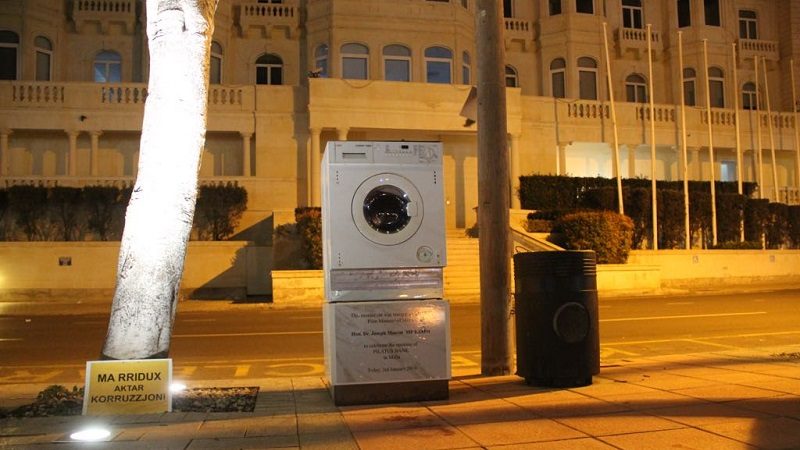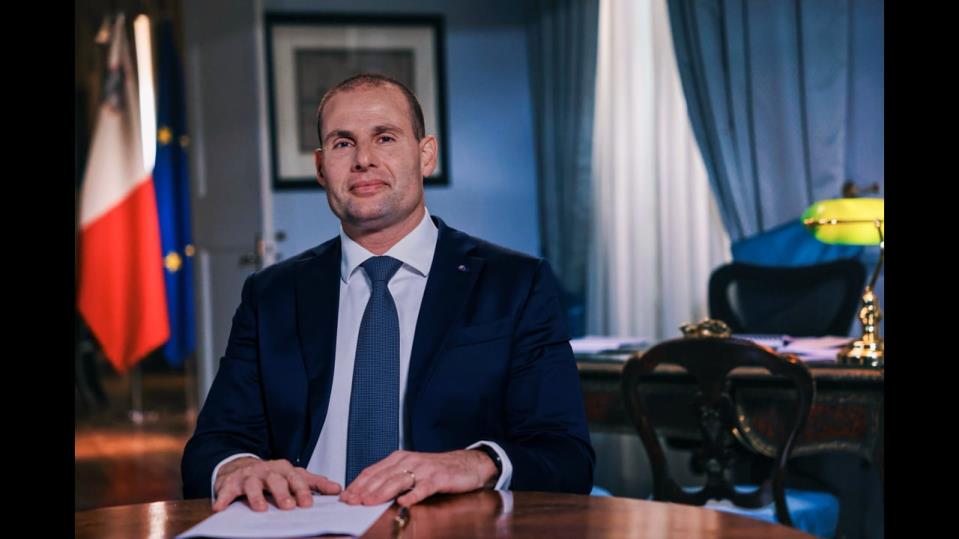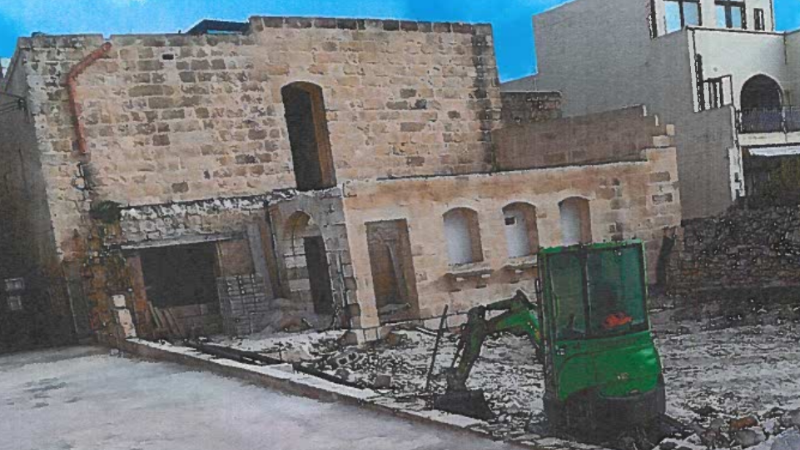The Malta Financial Services Authority (MFSA) chief Joseph Cuschieri is the latest head of a Maltese regulatory body to warn local banks that their due diligence is over the top.
“While I understand that banks need to manage risk at customer on-boarding stage including KYC and compliance checks, I sense that in many cases, things are going overboard making the situation unbearable,” Cuschieri told Lovin Malta.
A few days earlier, Carmel de Gabriele who heads the body regulating the cash-for-passports scheme sounded a similar warning. In his annual report, the regulator warned local banks and financial institutions not to put the running of the scheme “at undue risk” by implementing “a number of over-rigid and very often insensitive and insensible measures.”
While local banks are notoriously slow and overzealous in opening bank accounts for foreign nationals residing in Malta, including students and workers, I cannot see anything wrong with thorough and extensive checks when dealing with companies and individual investors.
To the contrary, it is necessary to ensure that money-launderers and companies with shady backgrounds do not set foot in Malta.
In is interview, Cuschieri asked “What sense does it make when a company obtains a financial institution licence from the MFSA but is not able to open bank accounts to operate?”
Well, for a start it might prevent banks and financial institutions like Pilatus Bank, Satabank, Nemea Bank and Portman Capital Management from setting up shop in Malta.
All of the above has their assets seized and put into administration. And guess who gave them the go ahead to start operating in Malta? Yep, that’s right the very same MFSA which is calling for more leniency from banks.
Malta’s banking sector has faced a tumultuous period over the last few years, with the MFSA and the country’s anti-money laundering provisions coming under increased criticism.
No wonder the The European Commission has demanded that the Maltese anti-money laundering agency – the Financial Intelligence Analysis Unit (FIAU) – steps up the supervision of banks.
Earlier this year, EU Justice Commissioner Vera Jourova told The Financial Times that Brussels is preparing to issue binding demands on the MFSA after an EU watchdog found “systematic” weaknesses in its enforcement of anti-money laundering rules.
Malta needs more, not less, scrutiny when it comes to vetting companies who decide to move here. In recent years, numerous online gambling companies based in Malta were investigated by foreign law enforcement for their mafia connections.
And guess who issued the licenses to these companies linked to the Italian mafia? No, not the banks, but by the Malta Gaming Authority which Cuschieri led for five years before being appointed CEO at the MFSA earlier this year.
The calls for more leniency and less “insensitive” and “unbearable” scrutiny jar with government’s standard reply to international criticism.
While one branch of government says it is committed to ensure full compliance with international law, another warns banks that they should not be so rigorous in their due diligence process.
I don’t think this is a classic case of the right hand not knowing what the left hand is doing but rather a concerted effort to give an impression that Malta is in compliance with money-laundering directives while opening its doors wide open to all and sundry.
This pro-business attitude might work wonders for our GDP and growth statistics but it is sending a message that serious financial crimes go unpunished in Malta.
Seeing Malta become a stud in the international orgy of tax evasion, money laundering and kleptocracy is deeply worrying, even more so when the institutions which should act as a buffer are playing a vital role in building an economy which allows the global elite to become richer and rob citizens in Malta and other countries of millions in unpaid taxes.












